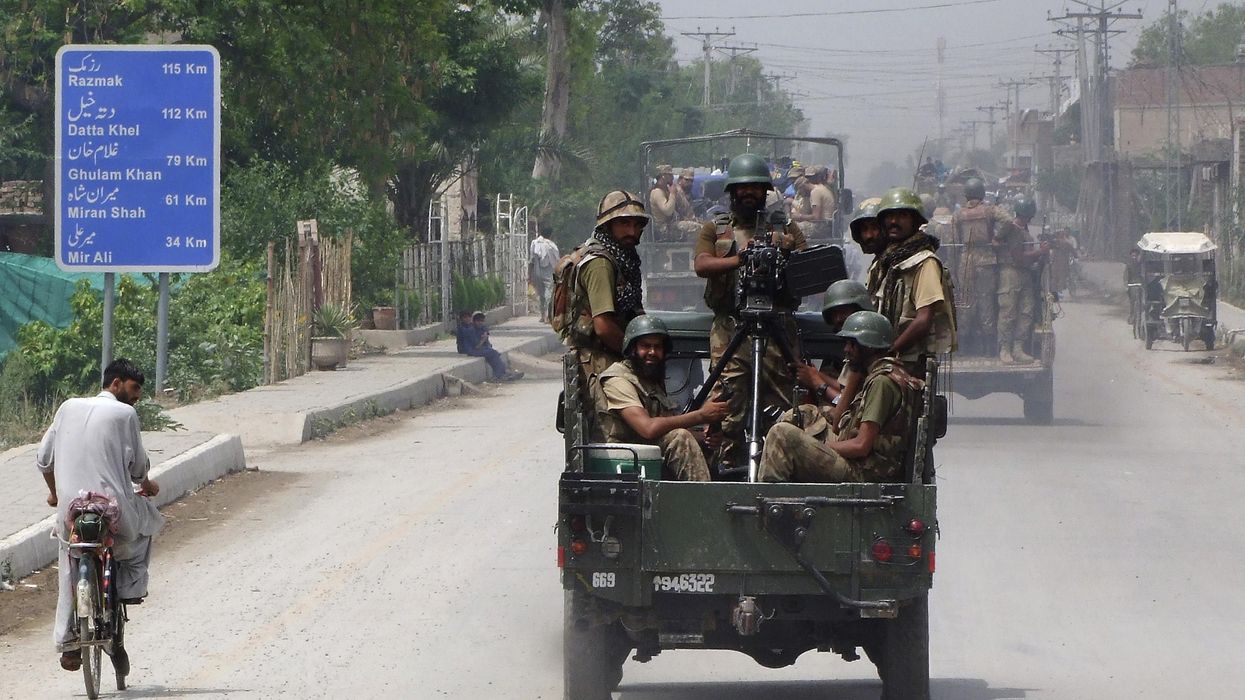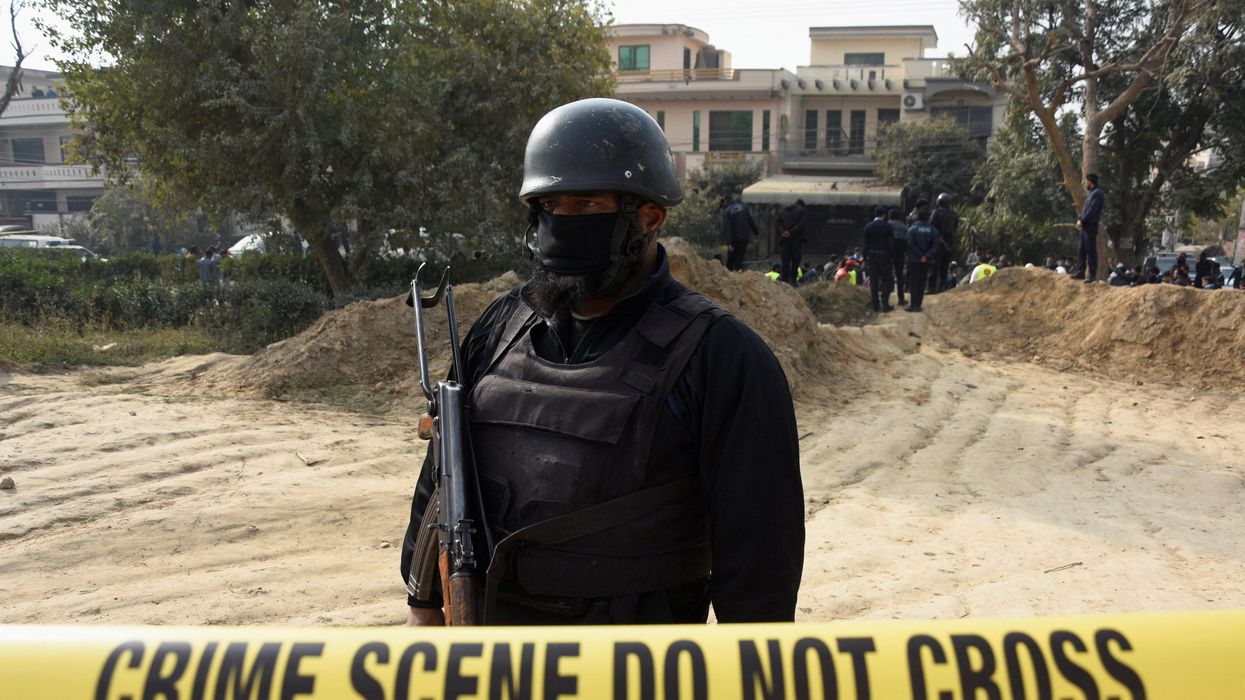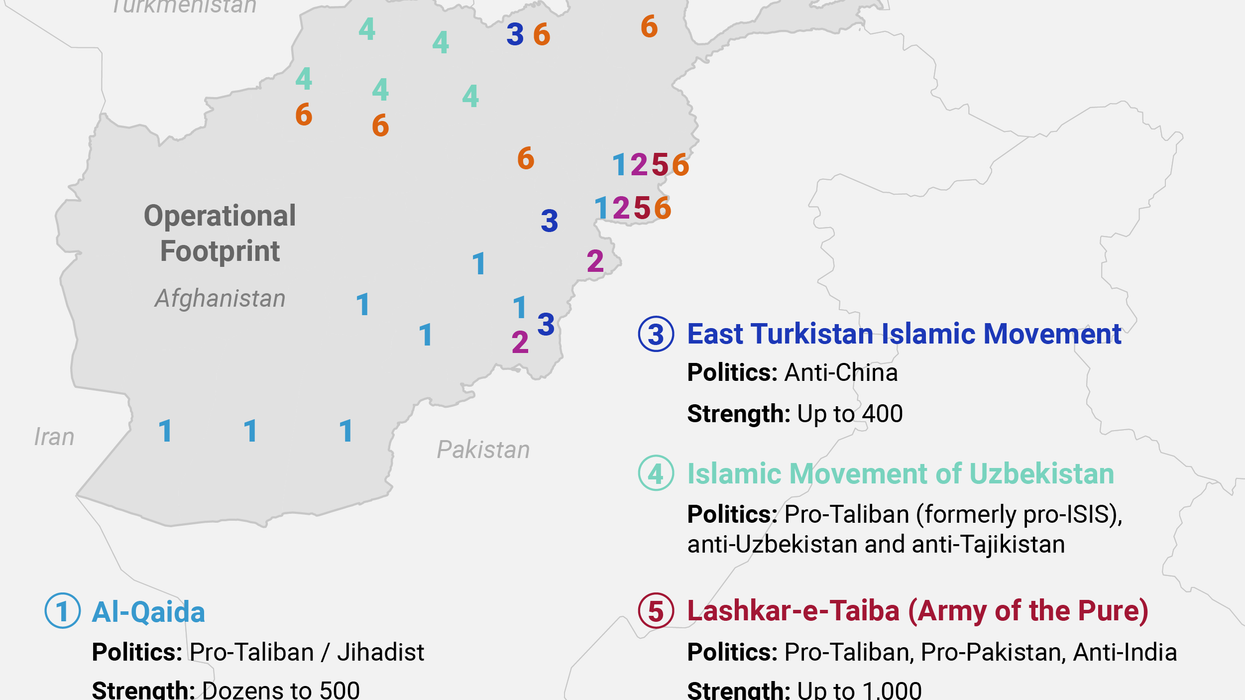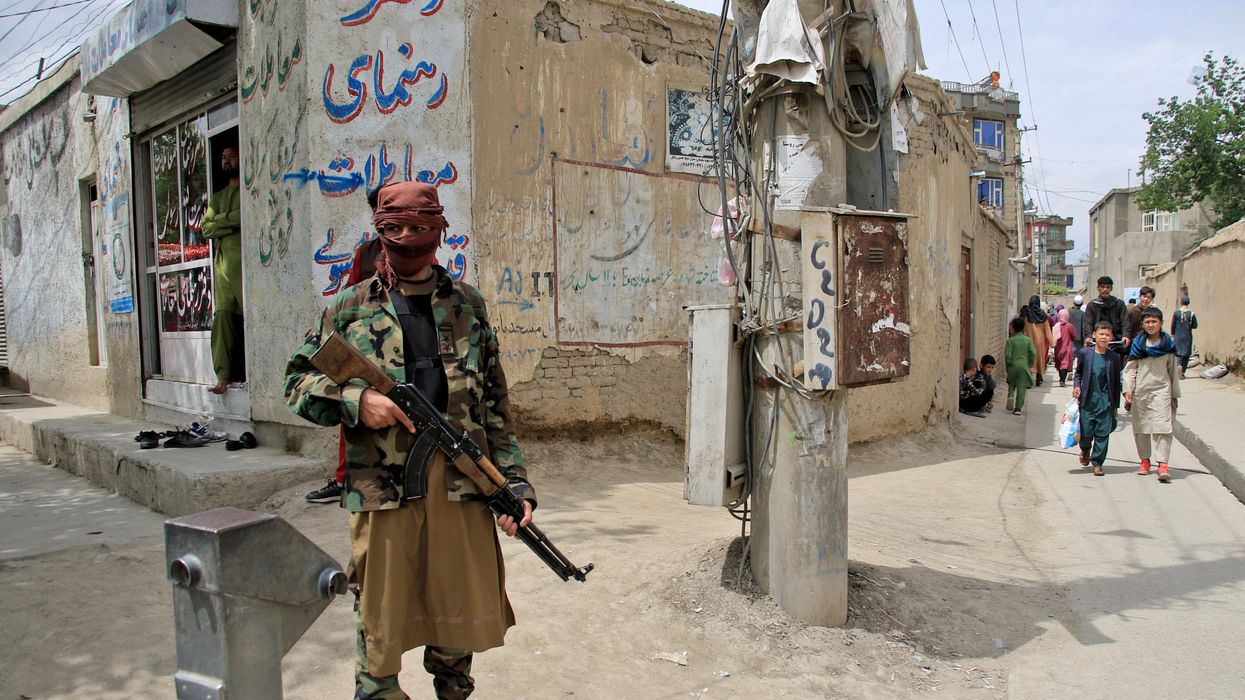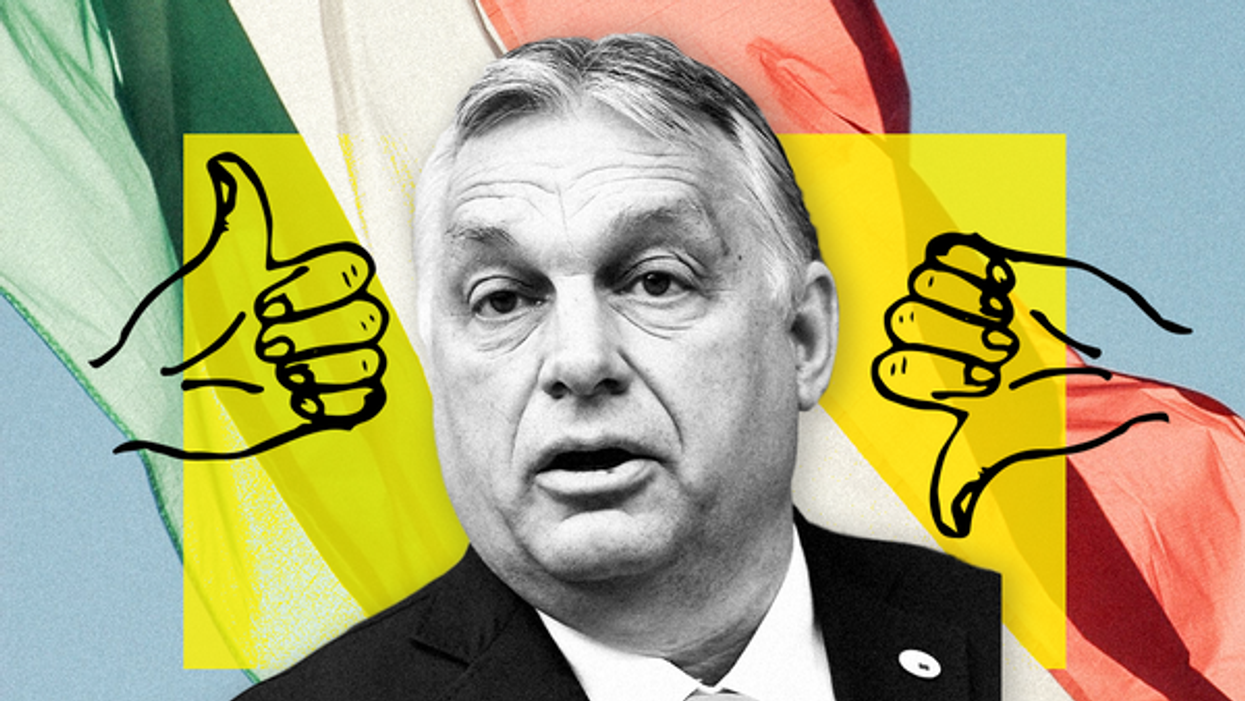News
As Pakistan confronts the Taliban, Washington backs Islamabad — kind of
Afghanistan and Pakistan are on the brink of direct conflict. Islamabad has vowed to attack the Pakistani Taliban — with US blessing. What does this mean, and what might happen next?
Jan 09, 2023
